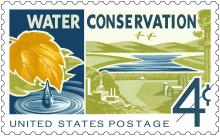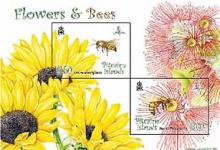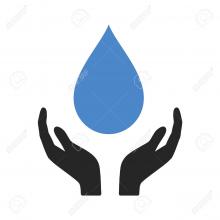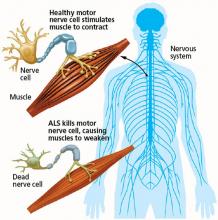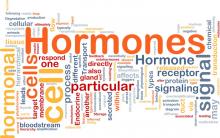Prise de bec autour des pesticides
- Lees meer over Prise de bec autour des pesticides
- Login om te reageren
Une campagne de Pro Natura pour alerter sur l’état des cours d’eau en Suisse exige le retrait de certains pesticides. Les paysans se sentent pris pour cible. Le 9 mai dernier Pro Natura lançait sa campagne «Stop aux pesticides dans nos eaux», dont le but est de dénoncer l’inquiétante quantité de pesticides, herbicides et insecticides dans les cours d’eaux. Ce texte est accompagné d’un plan national en huit points pour que la Confédération applique une nouvelle politique en la matière.

